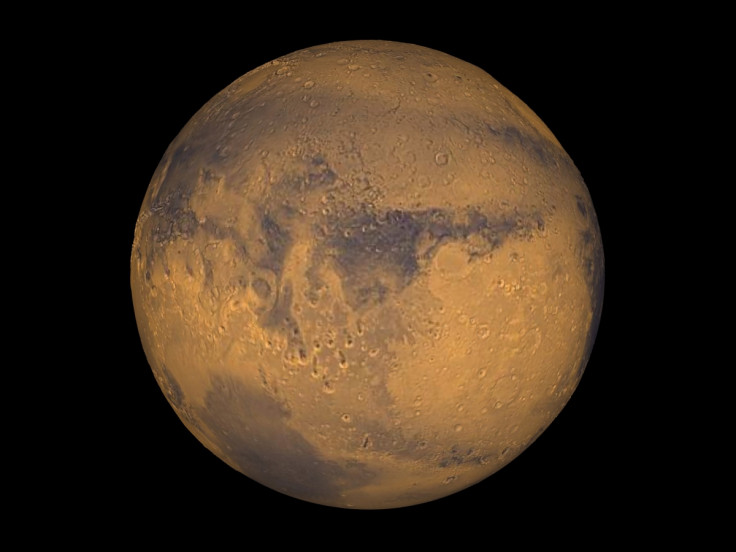Nasa sets goal of 2030 colonisation of Mars

Nasa has released a plan that outlines a strategy to have humans residing on Mars by 2030. A report titled Journey To Mars details the space agency's goal to colonise the Red Planet, which includes using deep-space habitation facilities that would break up the 39-day journey.
The report reads: "Like the Apollo programme, we embark on this journey for all humanity. Unlike Apollo, we will be going to stay.
"In the next few decades, Nasa will take steps toward establishing a human presence beyond Earth. We seek the capacity for people to work, learn, operate and sustainably live beyond Earth for extended periods of time. Any journey to Mars will take many months each way and early return is not an option.
"Efforts made today and in the next decade will lay the foundation for an Earth-independent sustained presence in deep space. Living and working in space require accepting risk and the journey is worth the risk."
The Journey To Mars plan involves crossing three thresholds, Nasa says, "each with increasing challenges as humans move farther from Earth." The first will include gathering more data − conducted aboard the International Space Station (ISS) − to see how humans cope in deep space, including the effects of micro-gravity and radiation.
In the second phase, the North American body will send probes to the vicinity around Mars's moon, which will give it better information on "capabilities required for humans to live and work at distances much farther away from our home planet, such as at Mars." Thirdly, humans will be sent to Mars's orbit before a crew lands on the surface.
"NASA's strategy connects near-term activities and capability development to the journey to Mars and a future with a sustainable human presence in deep space," said William Gerstenmaier, associate administrator for Human Exploration and Operations at NASA's headquarters. "This strategy charts a course toward horizon goals, while delivering near-term benefits, and defining a resilient architecture that can accommodate budgetary changes, political priorities, new scientific discoveries, technological breakthroughs and evolving partnerships."
© Copyright IBTimes 2025. All rights reserved.






















